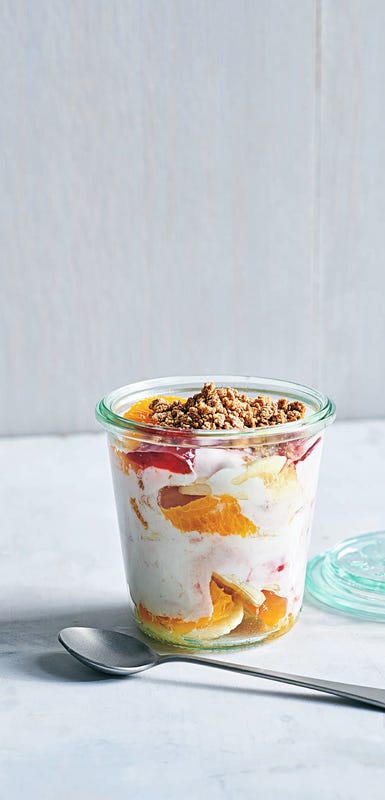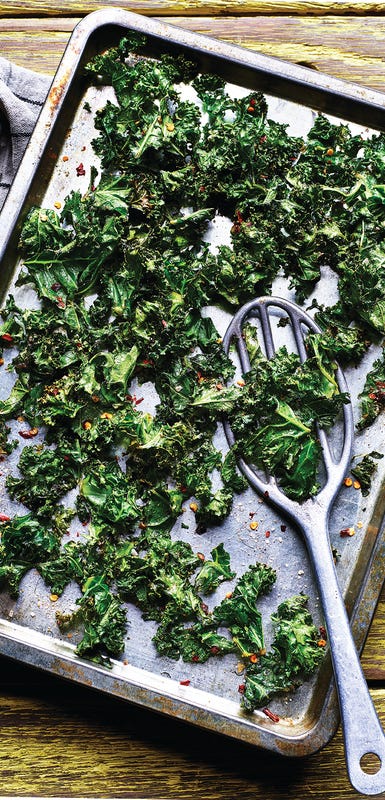The truth about menopause and nutrition


Did you know? A healthy diet and lifestyle can help to ease menopause symptoms and lower the risk of health issues associated with a decline in oestrogen levels, such as osteoporosis.
If you are experiencing hot flushes and night sweats as a result of the menopause, it may help to avoid potential dietary triggers such as spicy food, caffeine and alcohol. Responses to these foods are personal, so it may be a case of trial and error.
Read on for some nutrient-based tips that might be worth paying particular attention to during menopause.
Calcium and vitamin D
Osteoporosis is a health condition that weakens bones, increasing the likelihood of fractures. As bones lose strength and density, they can be more likely to break, even with a small fall.
Women are at a higher risk of developing osteoporosis than men because of bodily changes that occur during menopause, such as the loss of the hormone oestrogen.
There are lots of different nutrient (and lifestyle) factors involved in bone health, but calcium and vitamin D are two of the most important.
Women aged 19 to 64 need at least 700mg of calcium a day (maybe more if taking osteoporosis medications). Most people can get all the calcium they need from their diets: some good sources include dairy products, dried fruits, fortified products (like cereals) and dark green leafy vegetables.
Calcium-rich recipes
Vitamin D is just as important in maintaining bone strength, as it helps to absorb the calcium from your food. During the sunnier months of the year, you should be able to get all the vitamin D you need from sunlight exposure. (Remember to use sunscreen to protect your skin and reduce your risk of skin cancer.)
However, between October and March the sunlight in the UK is too weak to produce enough vitamin D in our skin, which means we need to turn to our diet or supplements to get what we need.
There are very few foods that are naturally high in vitamin D, however many have been fortified with it. Fatty fish, such as salmon and trout, are excellent sources of vitamin D. Milk and non-dairy milks such as soy or almond are often fortified with vitamin D. Other dietary sources include egg yolks, sardines and tuna. Mushrooms, when exposed to UV light, can also be an excellent source of vitamin D.
During the winter months, it's recommended that everyone takes a 10μg supplement of vitamin D every day. If you get less sun exposure due to being indoors most of the time, or if you cover your skin, you might want to take a supplement all year round to reduce the risk of vitamin D deficiency.
Vitamin A
Research has shown that high intakes of vitamin A may have a detrimental impact on bone health in women at risk of osteoporosis.
Vitamin A is an important nutrient as part of a healthy pattern of eating, so should not be avoided all together, however you may want to limit the amount you consume.
Foods that are high in this vitamin include liver and liver products such as liver pâté. Many multivitamins and supplements such as fish liver oil are also high in vitamin A. It's recommended that you aim for less than 1.5 mg of vitamin A from supplements.
If you have any concerns about your symptoms, talk to your GP about your diet and supplements.
https://www.nutrition.org.uk/healthyliving/lifestages/menopause.html?limitstart=0
https://www.nhs.uk/conditions/menopause/
https://www.nhs.uk/conditions/vitamins-and-minerals/



